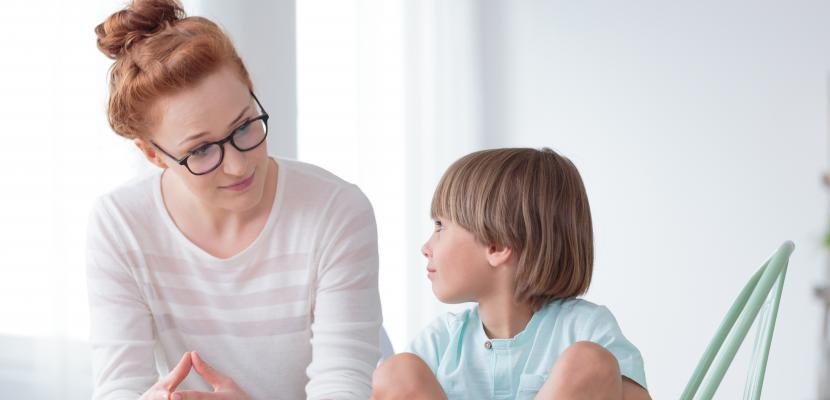
With the number of coronavirus cases rising globally, parents may be wondering how to deal with children who are anxious about the spreading infection.
Dr Peta Stapleton, Associate Professor of Psychology at Bond University and the 2019 Psychologist of the Year, told the Gold Coast Bulletin that parents could help children by limiting their exposure to rolling coverage of the virus.
“My advice really is to turn it off when kids are in earshot, not just the TV but the news in the car and on the kitchen radio,” she said.
She explained that children who saw their parents visibly worried about the virus might develop similar stresses without understanding why.
“Don’t assume they aren’t absorbing everything around them. The messages we are telling our kids are sticking, so be very careful what you expose them to and what you say.
“Children’s brainwaves are in a hypnotic state until they are about 10 years, which is really important because if they constantly have negative news playing it goes into their subconscious,” she said.
“And once they’ve got something in their head they become attached to it.
“I’m not saying to parents, ‘Don’t check in and see what’s happening’, but do it out of a child’s presence, particularly those kids who are sensitive.”
Dr Stapleton’s advice to parents when answering their child’s questions about coronavirus is quite simple: Calmly tell them the truth.
“Perhaps say, ‘Yes, there is a virus that affects some people. The health authorities are doing the best possible job they can to keep everyone safe’.”
Another way of easing their anxiety is by assuring children that it’s okay for them to feel worried sometimes.
Dr Stapleton suggested saying something such as, “Everyone has worries and that’s normal. We’ve just got to make sure we make ourselves feel better when we can.”
“Avoid asking them if they are worried about catching the coronavirus because it might not have been something they had thought about until you brought it up,” she said.
Teaching and reinforcing basic hygiene steps, particularly washing hands for the time it takes to sing ‘Happy Birthday’, is another way parents can help to reassure their children.
“We need to be realistic in what we say. We don’t want to scare our children,” Dr Stapleton said.
“Tell them that experts tell us to cough into elbows, wash hands properly and it’s a really good idea to wash your hands a lot because that’s something that can stop the germs.”
Importantly, she suggested parents keep an eye out for children displaying particularly unusual behaviour, as it could be a sign they were experiencing extreme anxiety and may need professional advice.